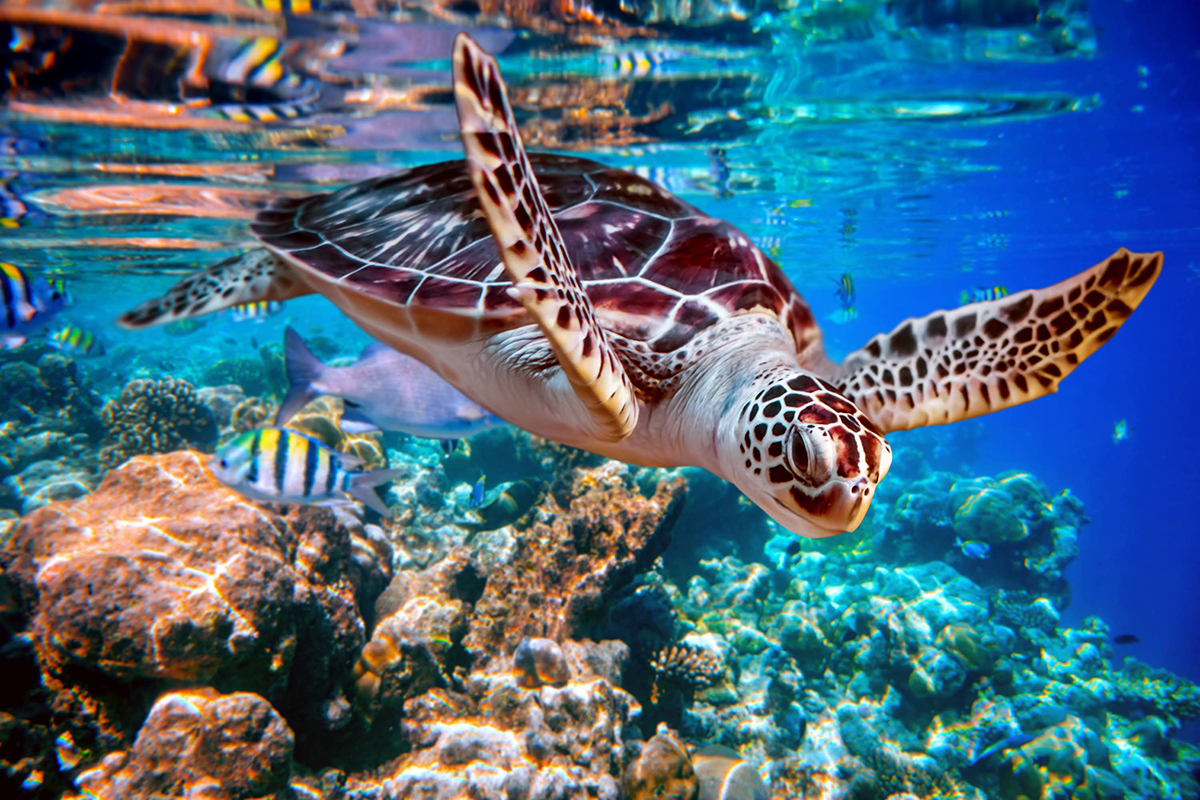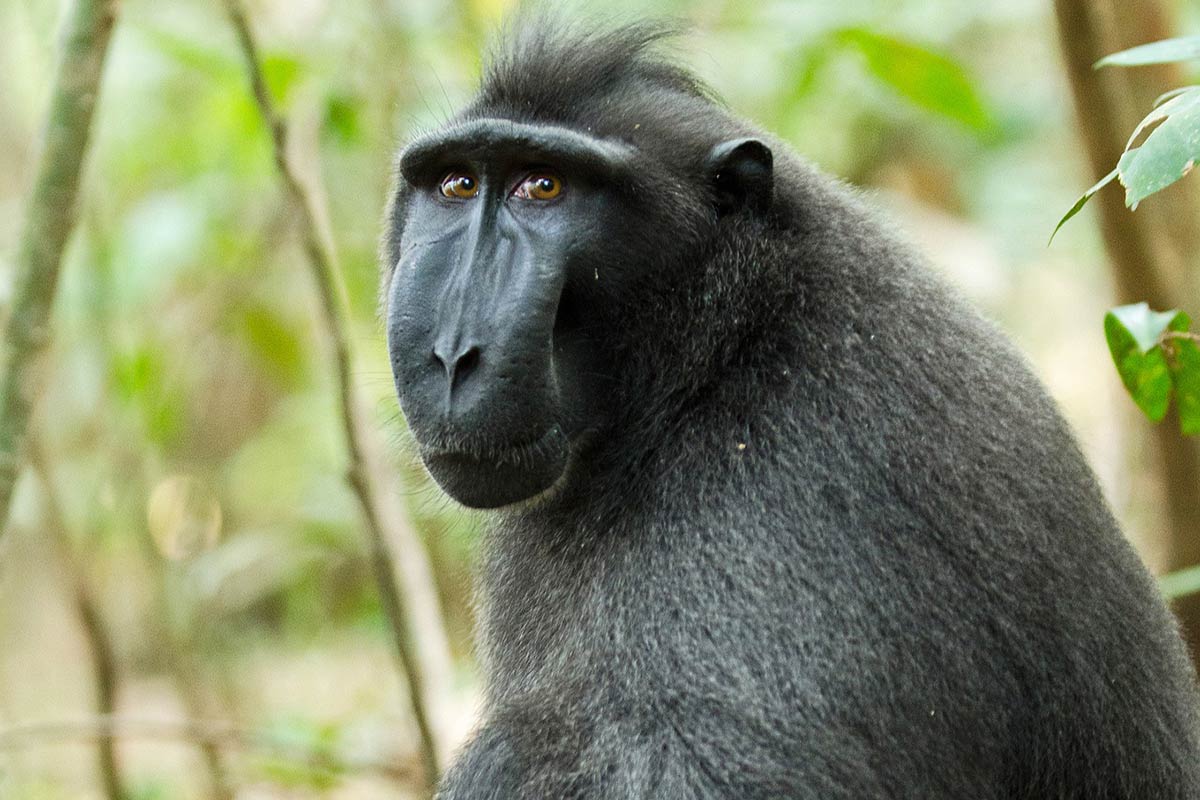The Role of Ecotourism in Preserving North Sulawesi’s Endangered Species
North Sulawesi is a region renowned for its rich biodiversity and stunning natural landscapes. However, it is home to several endangered species that are in dire need of protection. As global awareness of environmental issues grows, ecotourism has emerged as a vital tool in the conservation of these species. By balancing tourism with sustainability, North Sulawesi’s ecotourism initiatives are playing a crucial role in preserving its unique wildlife.
What is Ecotourism?
Ecotourism is a form of responsible travel that prioritizes the conservation of nature and the well-being of local communities. It involves visiting fragile, and often protected areas mindfully, without causing any harm to the environment. Ecotourism not only helps in conserving wildlife and habitats but also educates travelers and locals about the importance of sustainability and encourages them to actively participate in preservation efforts.
The Impact of Ecotourism on Wildlife Preservation
In North Sulawesi, ecotourism has become a key strategy in protecting endangered species such as the Sulawesi crested macaque, the anoa (a dwarf buffalo species), and various marine species like the green sea turtle. The revenue generated from ecotourism is often reinvested into conservation programs, helping to fund anti-poaching patrols, habitat restoration projects, and scientific research.
For example, Bunaken Marine Park, a popular destination for eco-conscious travelers, has seen positive effects from ecotourism. The fees collected from visitors are used to manage the park, protect coral reefs, and ensure the survival of marine species that are under threat. This sustainable approach not only safeguards the environment but also provides employment opportunities for local communities, making conservation economically viable.
Balancing Tourism and Conservation
While the benefits of ecotourism are significant, it is essential to manage it carefully to avoid negative impacts. Too much tourist activity can lead to environmental degradation. Therefore, it is crucial to establish guidelines that regulate the number of visitors, ensure responsible behavior, and minimize disturbances to wildlife.
One successful example in North Sulawesi is the Tangkoko Nature Reserve, where strict ecotourism practices are enforced. Tourists are guided by trained local guides who ensure that the wildlife is observed from a safe distance, reducing stress on the animals. Educational programs are also offered to visitors, enhancing their understanding of the delicate balance between tourism and conservation.
Supporting Local Communities
A critical aspect of ecotourism is its ability to empower local communities. By involving them in conservation efforts and providing them with sustainable livelihoods, ecotourism fosters a sense of ownership and responsibility towards the environment. In North Sulawesi, many ecotourism projects are community-led, with locals serving as guides and educators. This strengthens community ties and also ensures that conservation efforts are culturally relevant and sustainable in the long term.
How You Can Get Involved
Travelers can support the preservation of North Sulawesi’s endangered species by choosing eco-friendly tour operators, staying in eco-friendly accommodation like Gangga Island Resort & Spa, and participating in conservation or community activities during their visit. By making informed and responsible travel choices, tourists can contribute directly to the protection of wildlife and their habitats.
Do you try to travel in an eco-friendly way? Tell us in the comments below what you do to help.






